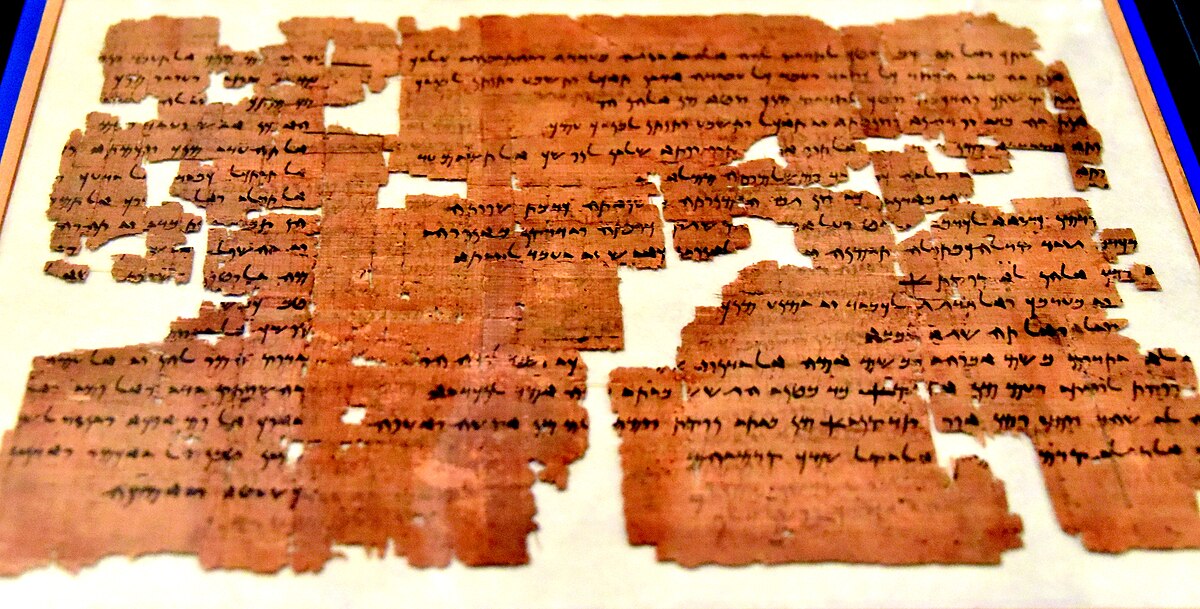On the Use of the Exact Form (מ֥וֹת):
I appreciate your point about using scripture to interpret scripture and focusing on the exact form of the word מ֥וֹת (mot) as it’s used elsewhere. However, context is always king, and while the form might align with how it’s used in other passages, this specific verse in Genesis 2:17 is unique because it explicitly ties “mot tamut” to the phrase “on the day” (beyom). The pairing of death with a specific timeframe gives the verse an immediacy that cannot be ignored or redefined by pointing to broader usage in other contexts.
The Definition of Death:
You suggest I’m imposing a narrow definition of death (as immediate physical death) onto the text. But that’s exactly what the verse implies. If God intended “death” to mean “inheritance of mortality” or “spiritual separation,” why use phrasing that explicitly specifies “on the day”? It would have been far clearer to say,
“You will become mortal” or
“You will be judged and lose access to eternal life.” Instead, the text presents a direct cause-and-effect: eat the fruit, and on that very day, you die.
The Logical Argument (How Humanity Would Continue):
Your argument about humanity needing to continue and therefore requiring Adam and Eve to survive assumes a theological framework not stated in the text. If humanity’s survival depended on their continued existence, why give such a definitive and immediate warning in the first place? This line of reasoning doesn’t address the contradiction—it sidesteps it with a broader interpretation of God’s intentions. My point is that we should stick to what the text actually says rather than justifying the outcome with assumptions about what God
must have meant.
Serpent’s Words vs. God’s Warning:
The serpent’s words in Genesis 3:4,
“You will not certainly die,” align more closely with the narrative outcome. Adam and Eve do not physically die on the day they eat the fruit. Instead:
- Their eyes are opened.
- They gain knowledge of good and evil.
- They are eventually expelled from the Garden, losing access to the Tree of Life.
Meanwhile, God’s warning in Genesis 2:17 does not match the immediate outcome. Adding interpretations like “spiritual death” or “judgment of death” are attempts to reconcile this, but those interpretations are not explicitly present in the text.
Ultimately:
While I respect your argument about using the form of the word מ֥וֹת, my issue isn’t with the word itself but with how it’s used in Genesis 2:17 alongside “on the day.” The text, as written, suggests immediacy. If we’re adding extra meanings like “spiritual death” or “inheritance of mortality,” we’re doing exactly what you accuse me of: interpreting beyond what’s explicitly stated. To me, the serpent’s words align better with the outcome of the story, and God’s warning, as written, remains unfulfilled as it is written. If we’re taking the Bible as God’s word, we need to let the text speak for itself without adding layers to justify what doesn’t match or make sense.






 that vid can be found in this thread
that vid can be found in this thread